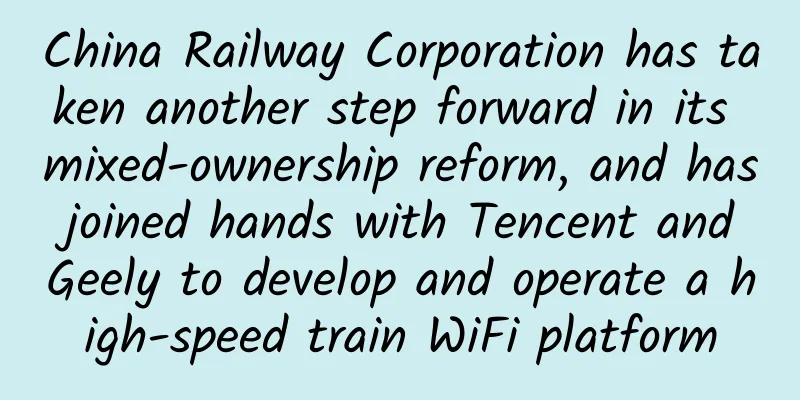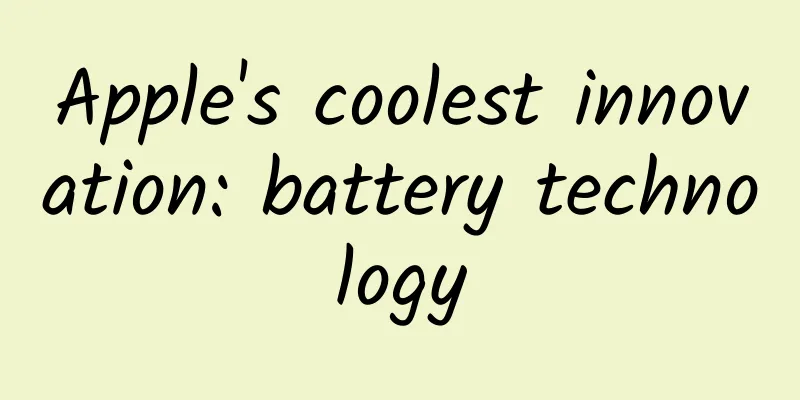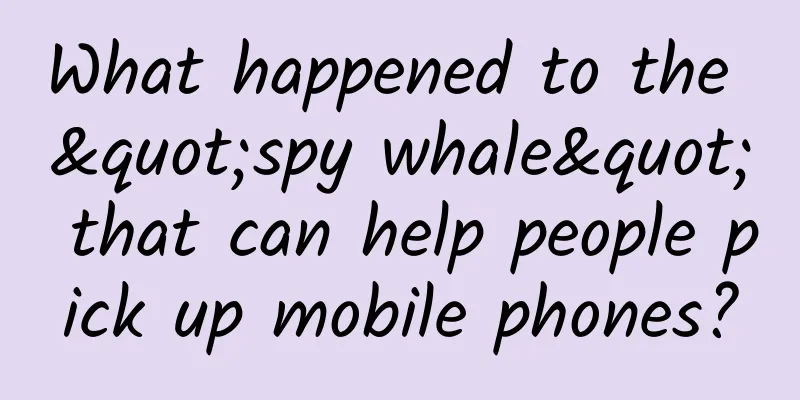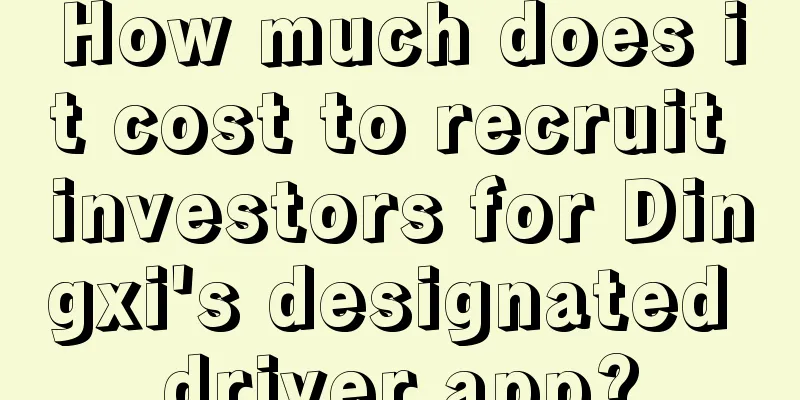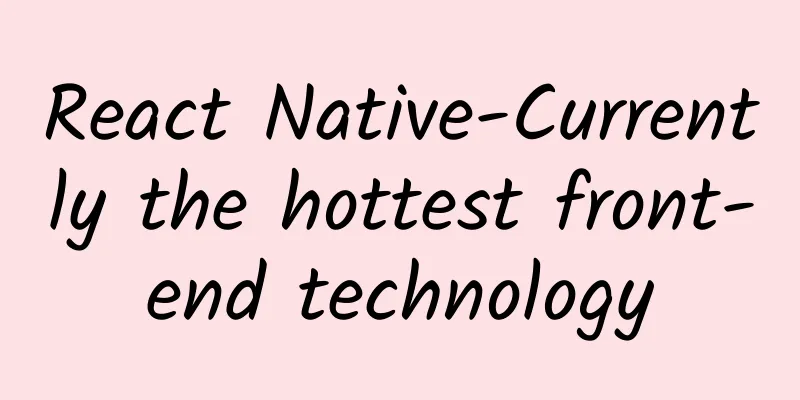What should “friendly competitors” in the war of words learn from Uber?
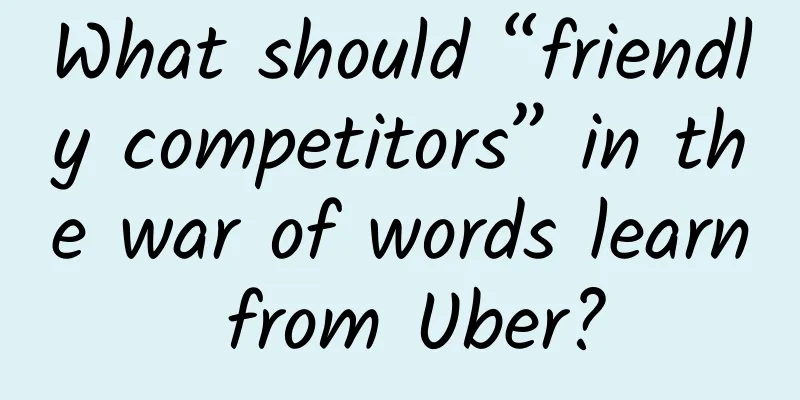
|
Last week, two things dominated the WeChat Moments: one was Uber’s all-pervasive entry into markets such as photography, architecture, and training. There was also a small tidbit: Shanghai became “sea” due to heavy rain, and Uber’s APP interface directly changed the previous “car logo” to a “boat logo”, which attracted a lot of attention from netizens; another thing was the war of words between Xiaomi and LeTV. The two sides exposed each other’s shortcomings, and the media rushed to act as a megaphone for the drama, which became more and more intense. These two seemingly unrelated things actually reveal how a company should conduct a "business war" well. Uber is a 5-year-old startup with a valuation of 50 billion US dollars. It has broken through the fierce business war mainly by relying on innovative products and business models, as well as superb marketing creativity to grab the market. For example, the change of the small logo on the APP is enough to make users willing to become its fans and promote it. When a company becomes the faith of users, it seems nonsense to talk about "cost-effectiveness" or threaten to become the entrance to the Internet. In stark contrast, the "friendly competitors" and "friendly competitors of friendly competitors" in the mobile phone industry have circumvented the essence of business wars and started quarreling over products without innovation and marketing that is devoid of nutrition and fun. Press conferences have become the main battlefield. I have attended several press conferences in recent months, and almost all mobile phone manufacturers have ridiculed "friendly competitors". Then this "friendly competitor" will refute with a bunch of data and information that is favorable to its own products, and then ridicule another "friendly competitor", as if whoever criticizes more has a better product. However, this is of no use to users. From this perspective, there is an enormous gap between the logic of "friendly competitors" in the mobile phone industry and the attitude of companies like Uber towards business wars. In fact, the current war of words in the mobile phone industry is not new. Such dramas have been played out in the health care products, refrigerators, televisions, and automobile industries. 1955 is considered the year of the automobile in the United States. That year, manufacturers sold more than 7 million cars, more than any year before. The number of brands of corporate manufacturers gradually shrank from 2,900 to 20, and a new wealthy class was emerging. In the following 10 years, the United States reached the heyday of household consumption. This situation is very similar to the current Chinese smartphone market. This booming market has stimulated more participants, and everyone hopes to seize the Internet entrance and build an ecosystem. However, the idea that a mobile phone alone can support the entrance and even the ecosystem is increasingly questioned by more and more people. After Jobs created Apple's iOS, everyone wanted to take both software and hardware and create a closed-loop ecosystem. In the view of the famous financial writer Wu Xiaobo, with the rapid iteration of smart technology, especially wearables, payments, voice, images and new materials, people have extensive and immediate contact points with information, and closed loops may be wishful thinking, and this is the fact. Even though Apple announced its entry into the smart home field earlier, it has been hesitant to talk about smart home products. "Friendly competitors" are best at talking about ecology. In fact, from the user's perspective, products in the ecology need to penetrate each other, which can bring innovation to products and user experience more deeply. But looking at the current domestic ecology, it is just a "press conference ecology", holding a press conference to announce the cooperation between two companies, and then the matter is over. There is little real cooperation between products, and innovation where one plus one is greater than two is even rarer, so how can we talk about ecology? Talking about innovation, I have to complain again. In the past few press conferences, although there has been no shortage of saliva, there is really little real innovation. Whether it is memory capacity, battery or shooting clarity, almost all the major manufacturers standing in front of the stage have no core technology development. Some "friendly competitors" may say that they can adopt a store model, make money through the e-commerce model, or even make money through marketing. The success or failure of this model is still undetermined, but the author suggests that even so, we should learn more from Uber. It seems that all it takes to make users "turn fans" is a change from a "car logo" to a "boat logo" on the APP, but this may be a big problem that the "friendly competitors" in the current mobile phone circle have long overlooked. As a winner of Toutiao's Qingyun Plan and Baijiahao's Bai+ Plan, the 2019 Baidu Digital Author of the Year, the Baijiahao's Most Popular Author in the Technology Field, the 2019 Sogou Technology and Culture Author, and the 2021 Baijiahao Quarterly Influential Creator, he has won many awards, including the 2013 Sohu Best Industry Media Person, the 2015 China New Media Entrepreneurship Competition Beijing Third Place, the 2015 Guangmang Experience Award, the 2015 China New Media Entrepreneurship Competition Finals Third Place, and the 2018 Baidu Dynamic Annual Powerful Celebrity. |
<<: The Future of Smart TVs from the Fight Between Xiaomi and LeTV
Recommend
Latest news! The Shenzhou 15 crew plans to return home in June
According to the China Manned Space Engineering O...
[PHP Kernel Exploration] Hash Table in PHP
In the PHP kernel, one of the most important data...
If you get bitten, you will go into coma and shock! Some people have died from this. If you see it, please stay away immediately!
It is summer now. In southern my country, a kind ...
Become a better programmer: How to read source code
There are many benefits to reading source code. Y...
Will scratching the inner pot of a rice cooker be harmful to human health?
I wonder if you have ever paid attention to the r...
6 factors that influence banner ad clicks!
Brothers! Sisters! When you browse Taobao, do you...
Douyin, Kuaishou, Xiaohongshu, and Bilibili, which one has a lower advertising ceiling?
In October, the article "Watching Douyin and...
How did Facebook get to 2 billion users? The answer is "science" and "empathy"
Yesterday afternoon, Zuckerberg said more than 65...
Heavy rain warning! Heavy to torrential rain in Guizhou and other 11 provinces and regions
The Central Meteorological Observatory continued ...
Low-profile phones can also use native, "light version" system Android Go is here | JuTou
At the Google I/O Developer Conference in May thi...
The operating system closest to the official version! Summary of the last beta version of Android 12
[[423267]] From the first developer preview versi...
Survey shows that most developers have never built a mobile app
Although there are more and more mobile phones in...
To prove that climate change is not terrible, they say that the warm period was the heyday of the Han and Tang dynasties.
The following article is from Voice of the Wind a...
Look at the product growth of WeChat Reading through the AARRR growth model!
As we enter the second half of the mobile Interne...
What "island genes" are hidden in Hainan? Uncovering the geological "epic" of the volcanic coast
(Outstanding popular science works of Hainan Univ...

